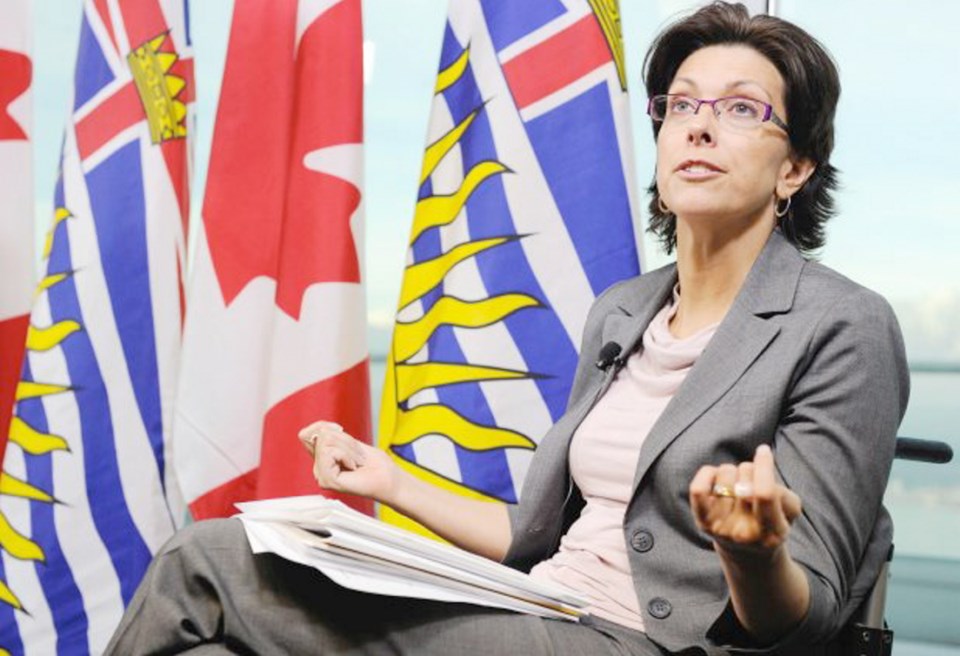The Ministry of Children and Family Development announced this morning it is hiring 200 new child welfare workers by 2016.
The move, according to the ministry, will strengthened “how it delivers front-line services.”
Ministry functions will also be restructured, in a move the ministry says is designed to allow social workers to concentrate more on direct services to children and families and less on administration.
The ministry has been under fire over social workers in B.C. because they are juggling high caseload numbers.
Today, the Vancouver Sun reported that the vast majority of B.C. social workers are juggling caseloads far above recommended numbers, and that is putting the lives of vulnerable children at risk, according to a report based on a survey of more than 3,400 child and family workers in B.C.
"The volume of work — measured by caseloads — is intolerable," says the report, Choose Children: A Case for Reinvesting in Child, Youth and Family Services in British Columbia. "Many frontline workers fear that too many children and youth will never receive the care they need."
The report found that most social workers have case loads significantly larger than what experts recommend. It recommends hiring an additional 100 new social workers and filling 90 existing vacancies to relieve chronic understaffing.
The B.C. Government and Service Employees' Union, which represents most social workers, wrote the report.
"There is a real fear they will fail an at-risk child and that there could be injuries or death," said Stephanie Smith, BCGEU president. "Our child protection and child welfare system is not working and is on the verge of collapse."
Stephanie Cadieux, B.C.’s minister of children and family development, says her ministry is listening to its staff.
“I am confident these changes will make a significant difference in the daily work of our staff and in-turn our ability to deliver the much needed services B.C.'s vulnerable children and families need,” Cadieux said in a news release.
MCFD says social workers will not have to deal with as much administration because they will no longer have to do payment transactions, data entry and handling non-urgent enquiries. In addition, office hours will be changed and child protection intake and screening processes will be centralized, beginning in 2015. By March 2016, the ministry says it will move “transactional services” to a central telephone and online service.
The ministry says it will double the size of a mobile response unit of social workers so that rural and remote areas have more access to social workers. The report found that high caseloads were more common in rural areas.
The BCGEU report says the children's ministry provides services to about 155,000 youth each year, but those numbers are expected to increase by 27,000 kids over the next five years. The report also noted child and family workers experience high rates of putting in free overtime, burning out, taking sick leave, and stressing about the well-being of their clients.
The workers surveyed also listed B.C.'s problem-plagued Integrated Case Management System as a top workplace concern, noting they faced hostility and violence from clients frustrated by delays in processing social assistance payments.
The ministry on Thursday said it is moving forward by the end of this year with the final phase of the system, which will make the system more responsive and user-friendly. In contrast to the report, the ministry says feedback from staff about the system has been positive.
B.C. children's representative Mary Ellen Turpel-Lafond referred to the case management system as a "colossal failure.”



